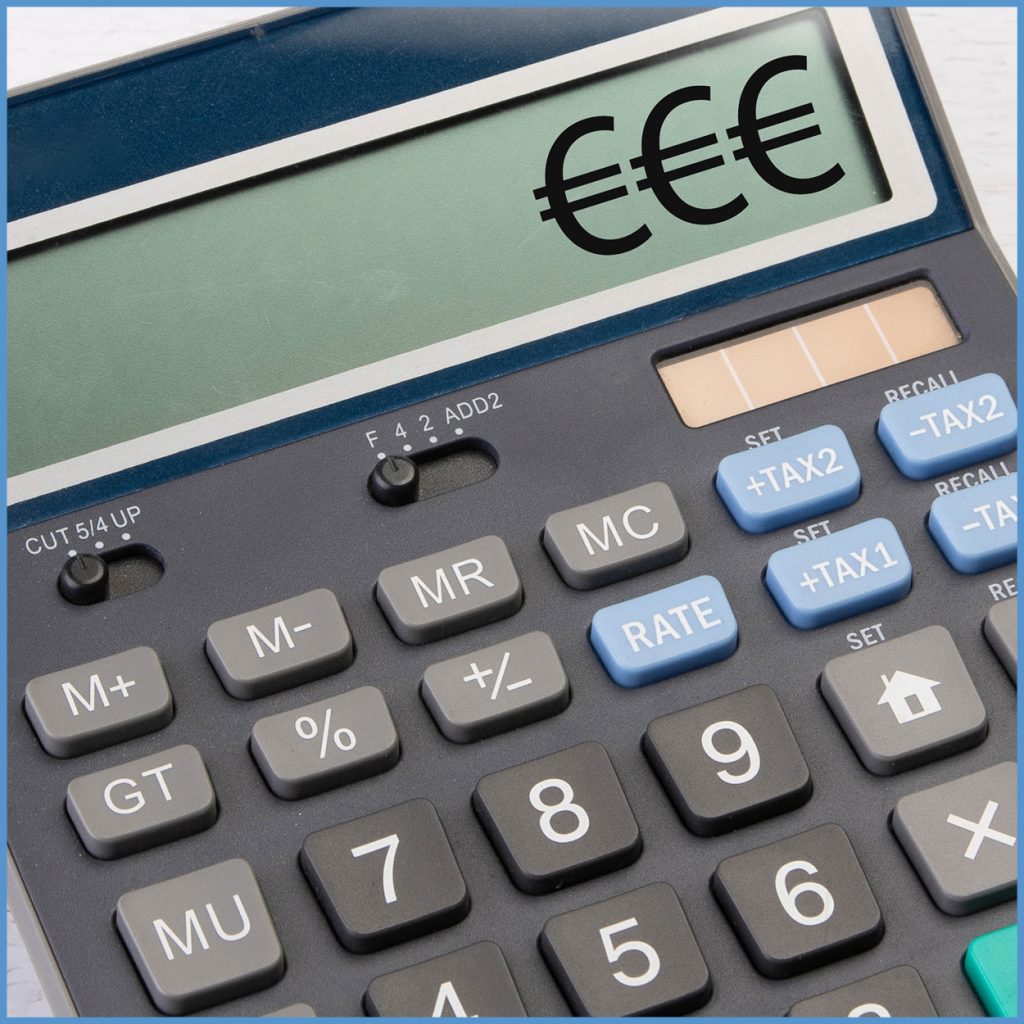The Member State compartment of the InvestEU Fund: how does it work? Will it fly?

For the next Multi-annual Financial Framework (MFF) covering the 2021-27 period, the European Commission proposes to bring together the multitude of EU budget programmes providing financing in the form of loans and guarantees into a single programme: the InvestEU Fund. Building on the success of the Juncker Fund, the goal of this new programme is to trigger at least 650bn of additional investment across the Union during the following seven years.
A novelty of this new programme with respect to the Juncker Fund is the possibility offered to Member States to make voluntary contributions from their cohesion policy envelopes (up to 5% maximum) to InvestEU. These national contributions will be pooled in the so-called ‘Member State compartment’ of InvestEU and used to finance projects taking place in their national territory and in line with their cohesion policy objectives.
This paper examines the proposal of the Member States’ compartment of the InvestEU Fund. It describes in detail the functioning of this new mechanism, clarifies what distinguishes it from existing combination options in the current programming period (2014-2020) and discusses the potential advantages it offers to national and regional cohesion policy authorities.




